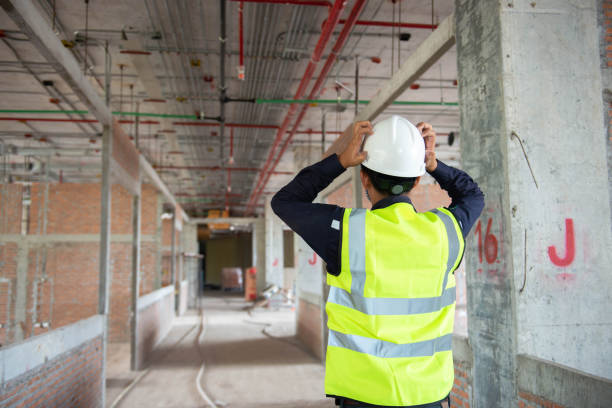Delays and rescoping of major projects, such as High Speed 2 (HS2) and major road schemes including the Lower Thames Crossing, the A66 Pennine upgrade and the A303 Stonehenge tunnel, have driven up bid costs and uncertainty among the construction supply chain, NCE has heard. There were already concerns in the sector about the cost impact of delays and revisions on major projects but the news last week that HS2 is to be “rephased” by two years and work on Lower Thames Crossing, the A5036 Port of Liverpool Road and A27 Arundel Bypass was also to be delay has heightened that concern. Industry leaders described the delays as a “false economy” but the picture about the actual costs is now emerging. Contractors and consultants working on a number of infrastructure schemes across the UK have told NCE of the impact that delays and extensions creeping into workloads is having. A bid manager at one firm working on a major infrastructure project said that parameters had been changed multiple times on their projects in the past few months. “A contractor can work on a [project] bid for more than a year and the bid timetables get extended and then extended again. It is a question of how much resource you can throw at the bid as it becomes most costly with each extension,” he said. “A technical side of a project [bid] could need a rewrite and that could delay a project by two years. What are [economic] conditions going to be like in two years? Even then, you only have a one in four chance of winning it?” former employee at one of HS2’s contractor said bids had sometimes been resubmitted a number of times during their time working on the project, which has seen constant rescoping as the budget has crept up. “Some of the bids that I’ve worked on might have had 50 people working on them, many for over a year, depending on how big a project you had,” they told NCE. “Sometimes the client would pay the bid costs but many modern contracts or variable price contracts should avoid the need for rebidding.

“At HS2 The Contractors Had to Rebid Because HS2 Decided.
To transfer risk to the contractors. The bids came back too high, as they included the risk factor in the costing. HS2 then asked for the bids to be repriced with HS2 then taking the risk.” The risk of losing work if the contractors failed to re-bid for the work at lower cost was real. In February 2020 HS2 contractors were told they would be axed if they failed to cut costs. On 10 March, along with the two year “rephasing on HS2” the government announced that the £9bn Lower Thames Crossing would be delayed by several years due to “challenging economic headwinds”. Delays have been experienced for a number of years. In 2021 it was found that delays to the Stonehenge and Thames tunnels schemes had cut £3.5bn off the value of National Highway’s RIS2 programme. News of contractors straining to afford extended procurement processes comes as an internal document leaked to the Guardian on HS2 admitted that additional costs would be created by “deferring expenditure on the programme”. In the document it asked: “What will the government do about construction companies that go bust because of this announcement?” A bid manager at another civil engineering contractor told NCE: “Of course the customer always pays for the cost of bidding, but only the winning contractor’s costs, it’s a false economy as always.” Civil Engineering Contractors Association chief executive Alasdair Reisner warned that successive delays do ultimately push costs up. He said: “There is an imbalance of where the costs land when a decision is taken to delay. It’s easy to say ‘we’ll push the tender back by six or eight weeks’ but there’s a lack of understanding that all that delay costs real money. “When you talk about infrastructure projects, it’s not derisory sums, it is large sums of money, and ultimately that additional cost gets transferred to the user or the taxpayer.” Delays to major projects have fed through to Tier 1 contractors’ results too. Earlier this week the CEO of Costain Alex Vaughan said that the contractor had negotiated the “challenge” of delays “to some contract awards” and managed to deliver profits for the first time in three years, however the contractor’s secured pipeline of work had still dipped from £1.6bn to £900M in the last 12 months to the end of December 2022. Reisner said that CECA had not been made aware of any direct financial difficulties of contractors from the HS2 decision made last week. However, he warned that construction firms weren’t invulnerable to shocks that can come when projects are delayed. “We’re not at the moment aware of that risk [of administrations] being likely to materialise as a result of any of the decisions [on HS2]. However its a reasonable assumption to draw that there is an increased risk as you will have Tier 2 subcontractors who had workloads they thought were in their order book which suddenly fail to materialise.


Recent Comments